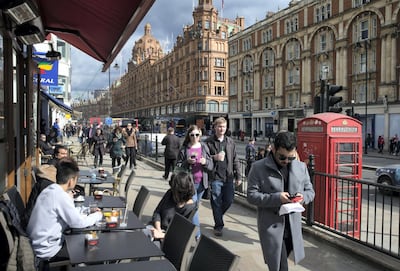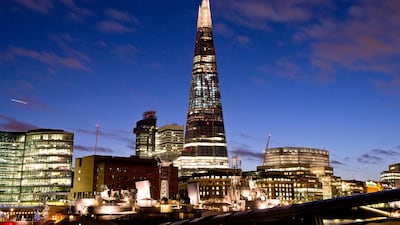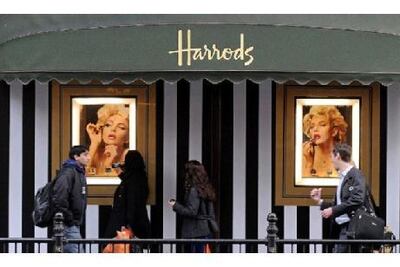For the aspirational, living the dream usually involves a solid, reliable monthly income, tax-free if possible, and being able to afford an apartment, car and a steady stream of luxuries.
Analysis by the Institute for Fiscal Studies in the UK last week examined more than 15 years of data from the top 1 per cent of taxpayers. The findings challenge widespread assumptions about rising inequality in society by revealing that top earners constitute a very fluid group, both in terms of membership and levels of satisfaction.
Over the period studied, membership of the elite group changed often. There is variance over time but now the 1 per cent accounts for about 14 per cent of national income. This disparity gives rise to accusations of inequality.
Such fears are undercut by the finding that one-quarter of people drop out of the group every year and will not be there in subsequent periods. After five years, half the top earners have gone.
The most common members of the group are middle-aged men; in fact, men made up for 83 per cent of the highest earners while more than two-fifths are men aged between 45 and 54. To qualify in Britain to be at the top of the male pyramid, a man would need to earn £200,000 (about $240,700) a year. To be in the highest income bracket, women needed to earn half as much, highlighting the gender disparity in wealth and earnings.

At the top of the ladder, just 11 per cent of women make up the richest 0.1 per cent.
The richest are also clustering geographically. London is an epicentre of the highest-paid people in Britain. Yet the concentration of wealth in the capital throws up its own peculiarities. Some of these also sow the seeds of potential dissatisfaction along the road paved with riches.
The national average income to qualify in the top 1 per cent is £162,000 ($195,000). Yet for a man to make it in the top-ranking earners in London, his annual income would have to be £722,000 ($869,000) – although that figure puts him in the top 0.1 per cent nationally.
With this geographical difference, this is a rather large pitfall for wealthy but not uber-rich Londoners.
All this shows that income itself is not the source of resilience that it might seem. There are many other factors that shape individual contentment and progress in life.
Politics is the obvious metric, not just economics. The years after 2001 constituted a period of stability in British and European politics.
But as we have seen in many countries, changes in political direction or splits in the national consensus can have a massive negative impact on wellbeing, especially material wealth and earnings.
Amid growing uncertainty over Britain's future, the pound has fallen to a 31-month low against the US dollar and the economy has contracted for the first time since 2012. Just two months before Britain's anticipated exit from the European Union, the future security of gross domestic product remains an unknown.
Brexit will have a wide-ranging impact on economic structure. Undoubtedly, many of the high earners will be swept up in the divorce settlement. We have already seen half the top earners changing every five years. That figure is bound to soar if Britain changes its terms of international trade abruptly and – initially at least – negatively.
Even the country’s new chancellor of the exchequer Sajid Javid acknowledged this on Friday when he said Britain would need to prove its resilience in the coming months. That is code for saying: rough waters lie ahead.
No wonder a growing number of economists are talking about sterling dropping to parity with the US dollar before the end of the year. The fall in currency is a vote of no-confidence in the prospects of all British taxpayers, high earners perhaps more than most.
The worldwide backdrop does not provide much more comfort. Britain has been a great winner out of globalisation but that process has stalled. A services-orientated business community has to worry about the turn away from open trade and greater integration.
None of this is to say that people cannot be happy in ways other than wealth creation. Economic freedom is just one aspect of personal freedom.
The think tank Legatum has said there is a close relationship between personal freedom and prosperity in countries like Britain and France. Its annual index has detected a downturn in overall satisfaction in recent years. Some of this is attributed to issues like increased electronic surveillance of the individual in society.
The overall message is to cherish the golden times – because we don’t know how long they might last.


